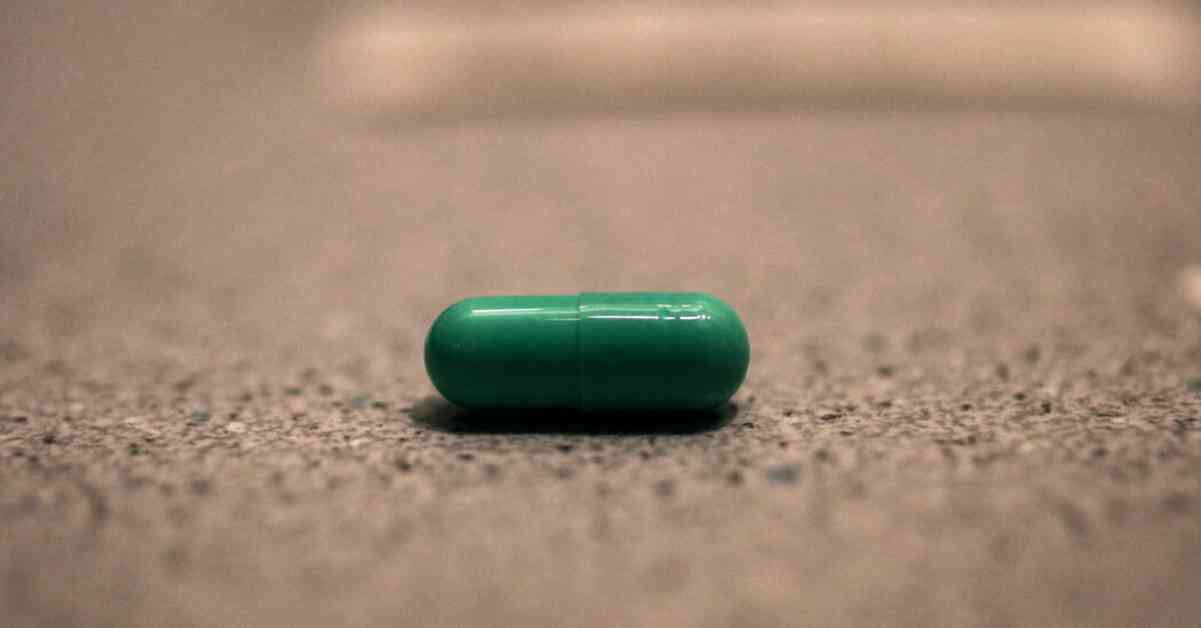The Food and Drug Administration (F.D.A.) is on the brink of making a significant decision regarding the therapeutic use of MDMA, commonly known as Ecstasy or Molly, in treating post-traumatic stress disorder (PTSD). This potential breakthrough in the field of psychedelic medicine has sparked a bipartisan push from veterans groups, researchers, and lawmakers to advocate for the approval of MDMA therapy.
After decades of federal restrictions on psychedelic compounds, the F.D.A. is now reviewing an application from the drug company Lykos Therapeutics that combines talk therapy with MDMA to help individuals suffering from PTSD. This decision, expected to be announced soon, has prompted eighty lawmakers from both parties to write letters to the Biden administration urging the F.D.A. to approve the application.
The rejection of Lykos’s application by an expert panel in June due to concerns about the company’s clinical trials and data quality has fueled the lobbying efforts. Representative Jack Bergman, a former Marine Corps general from Michigan, emphasized the urgency of the situation, citing the mental health crisis and high suicide rates among military veterans. He stressed the importance of taking action to prevent unnecessary loss of lives among veterans.
The lobbying campaign for MDMA therapy highlights the significance and controversy surrounding psychedelic medicine. Recent years have seen a surge in research on psychedelic compounds like LSD, psilocybin mushrooms, and MDMA, indicating their potential therapeutic benefits for conditions such as depression, anxiety, and obsessive-compulsive disorder. Despite being classified as Schedule I drugs with no recognized medical use and high potential for abuse, the growing body of evidence supporting their therapeutic effects has attracted substantial private investments and academic interest.
The involvement of veterans, researchers, and lawmakers in advocating for MDMA therapy underscores the critical need for innovative approaches to mental health treatment, especially for individuals with treatment-resistant conditions like PTSD. The potential approval of MDMA therapy by the F.D.A. could pave the way for further research and development in the field of psychedelic medicine, offering hope for improved outcomes for those struggling with mental health disorders.
As the F.D.A. prepares to announce its decision on MDMA therapy, the voices of veterans, lawmakers, and researchers continue to push for greater recognition and acceptance of psychedelic medicine as a viable treatment option. The outcome of this decision could have far-reaching implications for the future of mental health care and the integration of alternative therapies into mainstream medical practice.

















